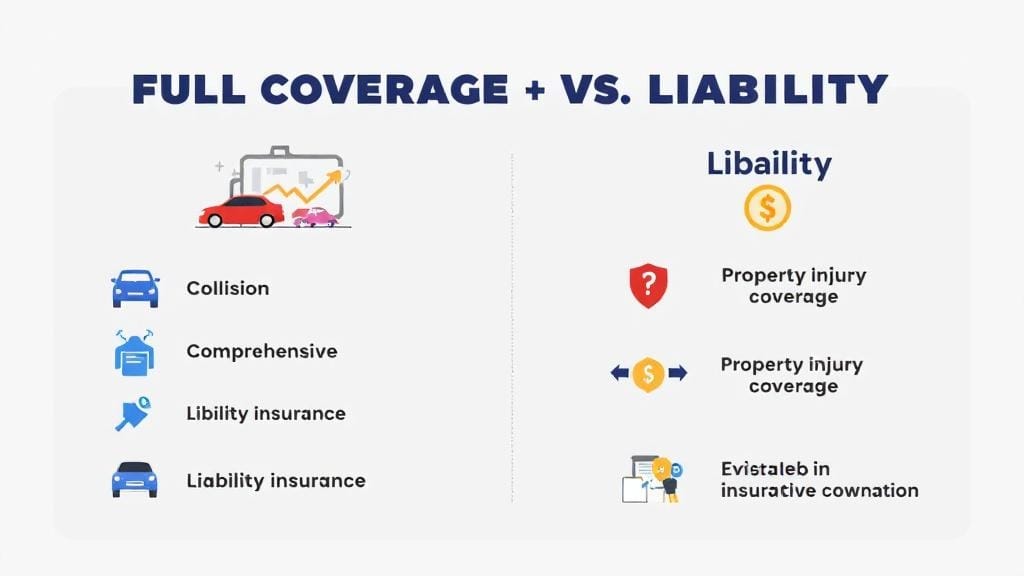Budgeting can often feel like a daunting task—something that only the financially savvy or those with a lot of free time tackle. But in reality, anyone can master the art of budgeting, especially if you have the right tips and strategies to follow. Whether you’re planning for a career change, moving to a new city, or adjusting to life’s big transitions, having a clear budget in place is key to managing your finances successfully.
In this guide, we’ll explore essential budget planning tips that will not only help you save money but also ensure you’re prepared for life’s unexpected expenses. From budgeting for life events like a new job or moving costs, to financial planning for big changes such as starting a family, these tips are tailored to help you navigate major transitions with confidence.
Why Budgeting Matters During Life Changes
Life events often come with significant financial adjustments. Whether you’re relocating, transitioning careers, or preparing for a major milestone, budgeting for major transitions is crucial to ensure that you’re not blindsided by unexpected costs. The cost of major life changes can quickly add up, and without careful planning, you might find yourself overwhelmed.
One of the most important money management strategies during life changes is ensuring you’re financially prepared. You’ll need to allocate funds for both expected and unforeseen expenses. A solid budget can help you stay on track and minimize stress as you navigate these big shifts.
1. Start with a Clear Financial Overview
Understand Your Current Financial Situation
Before making any changes or adjustments, it’s essential to have a clear understanding of your current financial situation. This is the foundation for your budget. Review the following:
Income: How much money are you bringing in each month? This includes your salary, side gigs, investments, or any other source of income.
Expenses: List your monthly expenses, including rent/mortgage, utilities, groceries, insurance, subscriptions, debt payments, and any discretionary spending (like entertainment or dining out).
Debts and Savings: Are you paying off any loans or credit card debt? Do you have an emergency fund or long-term savings? Assessing your debts and savings can help you prioritize your financial goals.
Once you have a comprehensive overview, you’ll have a better idea of where you stand financially, making it easier to set realistic goals.
Use a Budgeting Method That Works for You
There are several ways to create a budget, and choosing the method that fits your lifestyle is crucial. Here are a few popular budgeting methods:
50/30/20 Rule: Allocate 50% of your income to needs (like rent, bills, and groceries), 30% to wants (like entertainment or dining), and 20% to savings and debt repayment.
Zero-Based Budgeting: This method requires you to allocate every dollar of your income to a specific purpose, whether it’s for bills, savings, or debt repayment. The goal is to have zero dollars left unassigned by the end of the month.
Envelope System: Ideal for those who prefer a more hands-on approach, this method involves allocating cash into envelopes for different categories. Once the money in an envelope runs out, you can’t spend any more in that category.
Choose the method that aligns with your financial goals and personal preferences, and stick to it consistently.
2. Account for Major Life Transitions
Life transitions often involve significant changes to your financial responsibilities. Whether you’re moving to a new city, starting a family, or embarking on a career change, these shifts require careful planning. Here are a few key areas to consider when budgeting for life events:
Budgeting for Career Change
Changing careers can have a major impact on your finances. This could involve a period of unemployment, lower pay at the start of your new role, or the cost of retraining or further education.
Budgeting tips for a career change:
Emergency Savings: Make sure you have enough saved up to cover your living expenses for a few months in case the transition takes longer than expected.
Cut Back on Non-Essential Spending: During a career change, it might be necessary to reduce your discretionary spending to make your budget stretch further.
Factor in Education or Training Costs: If your new job requires new certifications or a degree, plan for these costs and include them in your budget.
Budgeting for Moving Costs
Moving to a new city or home can be expensive. In addition to the typical moving expenses, such as hiring movers, packing materials, and transportation, there may also be hidden costs like new furniture or deposits for a new place.
Tips for budgeting moving costs:
Get Quotes Early: Research moving companies or rental trucks ahead of time to get the best price.
Sell Unwanted Items: Downsizing before a move can help you reduce moving costs and put some extra cash in your pocket.
Plan for Temporary Expenses: If you’re relocating to a new city, you may need to account for temporary accommodation, transportation, and food while you settle in.
Financial Planning When Starting a Family
Starting a family is one of the most significant life events, and it often requires making financial adjustments. From medical expenses and maternity leave to baby clothes and childcare, it’s important to plan your budget ahead of time.
Financial tips for starting a family:
Medical Costs: Check if your health insurance covers prenatal care, hospital stays, and pediatric care. Be sure to include these expenses in your budget.
Childcare Expenses: Factor in the cost of daycare or babysitting, which can be a significant portion of your monthly expenses.
Life Insurance: Consider getting life insurance to ensure that your family is financially protected in case of unforeseen circumstances.
Budgeting for Retirement
While retirement may seem far off, planning for it early can help you avoid financial stress later on. Financial adjustments for life events like retirement should be a long-term goal that you build into your budget. By contributing consistently to retirement accounts such as a 401(k) or an IRA, you can ensure that you’re ready for life’s biggest financial transition.
Tips for retirement planning:
Start Early: The earlier you begin saving for retirement, the more time your money has to grow.
Maximize Employer Contributions: If your employer offers a retirement match, take full advantage of it to maximize your savings.
3. Create a Buffer for Unexpected Costs
Emergencies happen—whether it’s an unexpected medical bill, a car repair, or a sudden change in your life circumstances. Having a buffer for these unexpected expenses is crucial.
Tips for emergency savings:
Build an Emergency Fund: Aim for 3-6 months’ worth of living expenses. This should be separate from your regular savings and used only for genuine emergencies.
Use a High-Yield Savings Account: Keep your emergency fund in a high-yield savings account to help your money grow while remaining accessible in case of a financial crisis.
4. Review and Adjust Regularly
Budgeting isn’t a “set it and forget it” activity. It’s important to review and adjust your budget regularly, especially when you go through major life transitions. Check your budget monthly to ensure that you’re staying on track with your financial goals and making adjustments as needed.
When to adjust your budget:
After a major life change: If you’re moving, switching careers, or starting a family, make sure to update your budget to reflect new expenses.
When your income changes: If you get a raise, change jobs, or take on a side hustle, update your budget to incorporate the new income.
After a significant financial setback: If you face unexpected expenses or lose your job, take a closer look at your budget to make sure you’re still on track.
FAQs About Budgeting During Life Transitions
1. What are some life transition budgeting tips?
When going through life transitions like a career change or a move, it’s important to track all your expenses, set up an emergency fund, and prioritize necessary expenditures. Reevaluate your spending habits regularly to make sure your budget aligns with your new financial goals.
2. How do I manage my money during a career change?
Start by cutting back on unnecessary expenses and build an emergency fund to cover several months’ worth of living expenses. Be prepared for temporary pay cuts or periods of unemployment while you transition to your new job.
3. How can I adjust my budget for a life change like a new baby?
Factor in medical expenses, childcare, and other baby-related costs. You may need to reduce discretionary spending and ensure that you have enough savings for the transition.
4. How do I prepare for the cost of moving?
Start saving early for moving expenses, get quotes from movers, and sell any unnecessary items to offset costs. Plan for temporary living expenses while you settle into your new home.
5. What’s the best way to plan finances for a major life event?
Take time to review your financial situation, adjust your budget to account for new expenses, and create a savings buffer for emergencies. Regularly revisit your budget as your situation changes.








Comments (0)